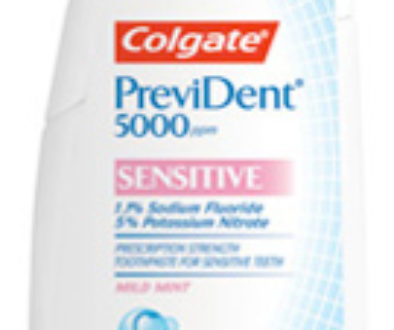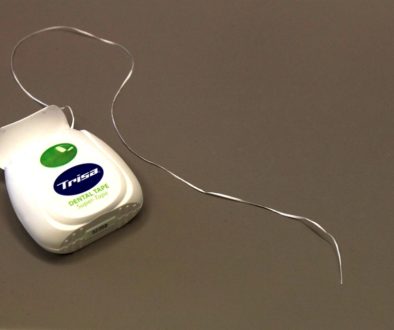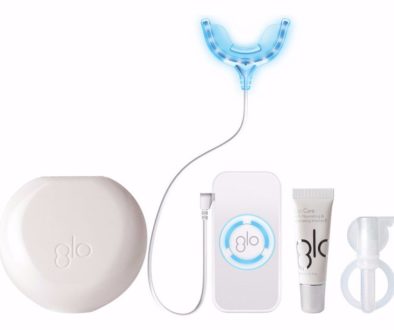Triclosan
 In the ongoing quest of toothpaste companies to come up with the most effective toothpaste, every company seems to have some special formulation or chemical they add that they say makes their toothpaste “the best”. In the case of Colgate Total, they may actually be able to say their toothpaste is the “most effective” in combating plaque, gingivitis, and decay. Their special ingredient? Triclosan plus a co-polymer.
In the ongoing quest of toothpaste companies to come up with the most effective toothpaste, every company seems to have some special formulation or chemical they add that they say makes their toothpaste “the best”. In the case of Colgate Total, they may actually be able to say their toothpaste is the “most effective” in combating plaque, gingivitis, and decay. Their special ingredient? Triclosan plus a co-polymer.
About Triclosan
Triclosan is a highly effective antibacterial and antifungal chemical. It has been in use since the 1970’s in hospitals for hand scrubbing prior to surgery. Since then it has been added to a multitude of other products including toothpaste, mouthwash, soaps, deodorants, and some plastics for its antibacterial effects. Interestingly enough, in soaps, it hasn’t been found to be more effective than washing with just soap and water at the current concentrations used (hospitals use a higher concentration and amount of time, which is very effective).
The triclosan used in Colgate Total is combined with another ingredient called a co-polymer. What Colgate found out was that when triclosan alone was used it didn’t stay around in your mouth very long. The co-polymer helps the triclosan to stick to your teeth extending its effect significantly. This property is known as “substantivity”.
How Effective Is Triclosan In Toothpaste?
The Cochrane Collaboration did a review on toothpastes containing triclosan/co-polymer vs other toothpastes with just fluoride as the main ingredient. The review was based on 30 studies completed from 1990 to 2012. Their finding included…
- A 22% reduction in plaque
- A 22% reduction in gingivitis
- A 48% reduction in bleeding gums
- A 5% reduction in tooth decay
They couldn’t come to a conclusion about whether it reduces your risk of developing periodontal disease. Gum disease develops over many years and it is difficult to create a reliable study to test it.
Overall, these are really large differences from just using a different toothpaste.
Concerns About Triclosan:
Just because triclosan is very effective doesn’t mean there aren’t concerns about it. Over the years there have been several concerns brought up about it…
- Environmental accumulation – There are so many products using triclosan now that a significant amount is discarded into the water system. Wastewater treatment facilities remove a large portion of it but some still makes it through. When released into waterways it can have an adverse effect on algae populations.
- Hormone modulation – Triclosan has been detected in saliva, breast milk, and blood likely as a result of cumulative exposure from many different products. In rats researchers found that it did have some effects related to estrogen regulation. To date, no studies have found the same problem in humans but there is still some concern there.
- Increased allergies – It is thought that the rise in food allergies is due to our highly sanitized society. We value cleanliness so much that we aren’t exposed to many different bacteria, allergens, etc. A potent antibacterial product like triclosan could definitely reduce your exposure to different bacteria.
My Overall Thoughts:
The reductions in plaque, gingivitis, and bleeding gums are very significant. While there isn’t any evidence either way on whether it reduces periodontal disease, I’d be surprised if there wasn’t some benefit long term there either. Based on the overall health benefits of maintaining healthy gums (see our articles on the Mouth Body Connection) I do recommend using a triclosan containing toothpaste. I do not recommend using other triclosan containing products such as soaps or deodorants. There isn’t much benefit and there are minor risks to both you and the environment.



